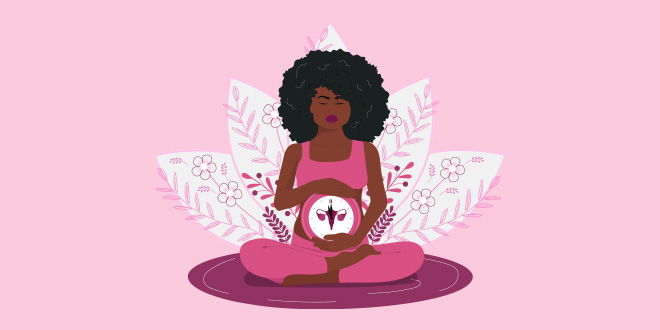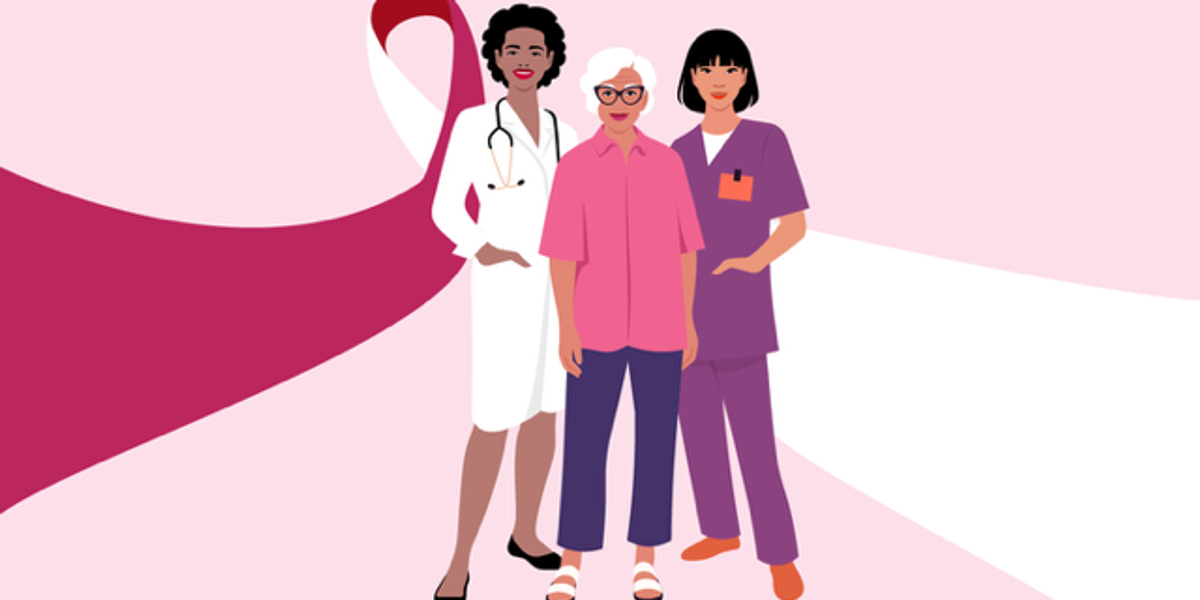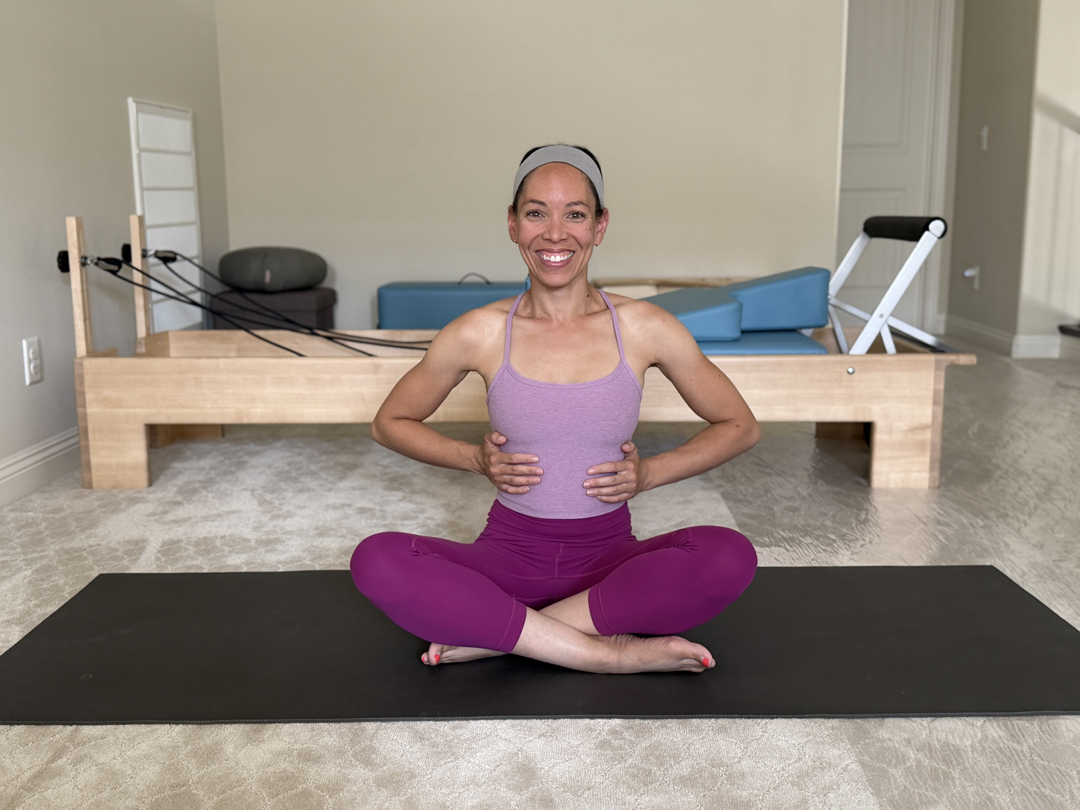It’s no secret that moms shoulder the vast majority of caregiving responsibilities. It’s a pattern so ingrained and accepted that it’s been made the butt of jokes for decades, as women commiserate over their partners’ inability or unwillingness to keep the household running. It’s why we say “Dad’s babysitting,” when he’s really just watching the kids like any parent should; it’s why the moms across the Internet get irritated when their partners are praised for doing the bare minimum. And the jokes aren’t as funny when we remember that this discrepancy takes a real toll on moms’ mental and physical health.

Related story Teens' Mental Health Looks Different in 2025. Here’s What Parents Need to Know
“The Mental Weight of Care” was the topic of conversation at an enlightening panel at the Flow Space Women’s Health Summit last week. Eve Rodsky, creative leadership expert and New York Times best-selling author of Fair Play, recalled an all-too-relatable anecdote where one text sent her over the edge. “This entire movement started with a text my husband sent me that said, ‘I’m surprised we didn’t get blueberries,'” Rodsky remembered. The text arrived when Rodsky was sitting in her car with a breast pump, a diaper bag, and a vaccination card, in the middle of running errands for her kids. Being reminded of the one thing she didn’t do was truly the last straw. That moment led Rodsky to write Fair Play and found the Fair Play Policy Institute, a foundation that works toward equitable caregiving through programming and grants.
Rodsky’s Fair Play Policy Institute also produces research on caregiving, and partnered with USC in 2024 for a report that found that not only do women shoulder most of the caregiving load, but they also think about it more. “Planning, from my perspective, is a much bigger workload than doing it,” said Gözde Dinç, director of media, strategic partnerships and innovation and digital marketing at Genentech. “What that data showed is every, every chore, except for taking the garbage out… is really woman-dominated.”
The weight of all those chores and all that organizing can wear down the physical and mental health of moms and other caregivers. Per the American Psychological Association, multiple meta-analyses have found that caregivers experience higher levels of depression and physical health problems than non-caregivers. There are multiple factors that go into that trend, from the toxic effects of chronic stress on the body and mind to the way caregivers, including moms, are forced to deprioritize their own needs. Dinç has experienced that herself: she admitted that she makes sure her son gets to all his doctor’s appointments on time, but hasn’t seen her own doctor in three years.
Moderator Dr. Nasim Afsar, healthcare executive and managing director of Healthcare Innovation Partners LLC, confirmed that the stress of caregiving manifests in multiple ways. “We have really good data that shows us that when we do have increased stress levels, we have higher cortisol or stress level hormones that relates to our ability to be able to metabolize and process sugars,” she explains. “So hello, weight gain.” Chronic stress is also related to risk for “a number of different diseases, including autoimmune diseases and cancer,” she adds. So stress, we know has lots of different biological pathways that are not good for our health, especially over a lifetime.
The positive news is that it’s possible to achieve more equitable caregiving within your family. The bad news? “It’s really hard,” says Rodsky, whose Fair Play system offers one alternative, based on boundaries, systems, and communication. “People have a hard time adopting it, because women have no boundaries… and that’s unfortunately, a case of the patriarchy,” she explains. Her advice: “Start where you are.” Rodsky, for example, couldn’t jump in with an entirely new system for her husband and family. “My partner would have never come to the table,” she says. “For us, it had to be practicing on my own personal boundaries and communication.”
She recommends implementing regular check-ins, which provide a calm space to air out concerns. “Most of the women that we surveyed over 10 years love to give feedback in the moment,” Rodsky says, but the more effective time to give it is at a time when “when emotion is low and cognition is high,” she explains — i.e., that designated check-in time.
As important as those practical fixes are, Dinç also points out that we all have to be more cognizant of the work that goes into caregiving — and that includes those that benefit from it. “There has to be more visibility and more understanding of what that really takes,” she says.
We’ll underscore that — and add that there should be more conversation about the way caregiving is a full-time job that wears on your body and mind just like an in-office 9-to-5. We can praise moms for being superhuman for doing it all — and they are — while also recognizing that they shouldn’t have to, and advocating for them to have more help from partners and outside organizations alike.
Before you go, check out our favorite mental health apps:

.jpeg)



















.jpeg)













 English (US) ·
English (US) ·